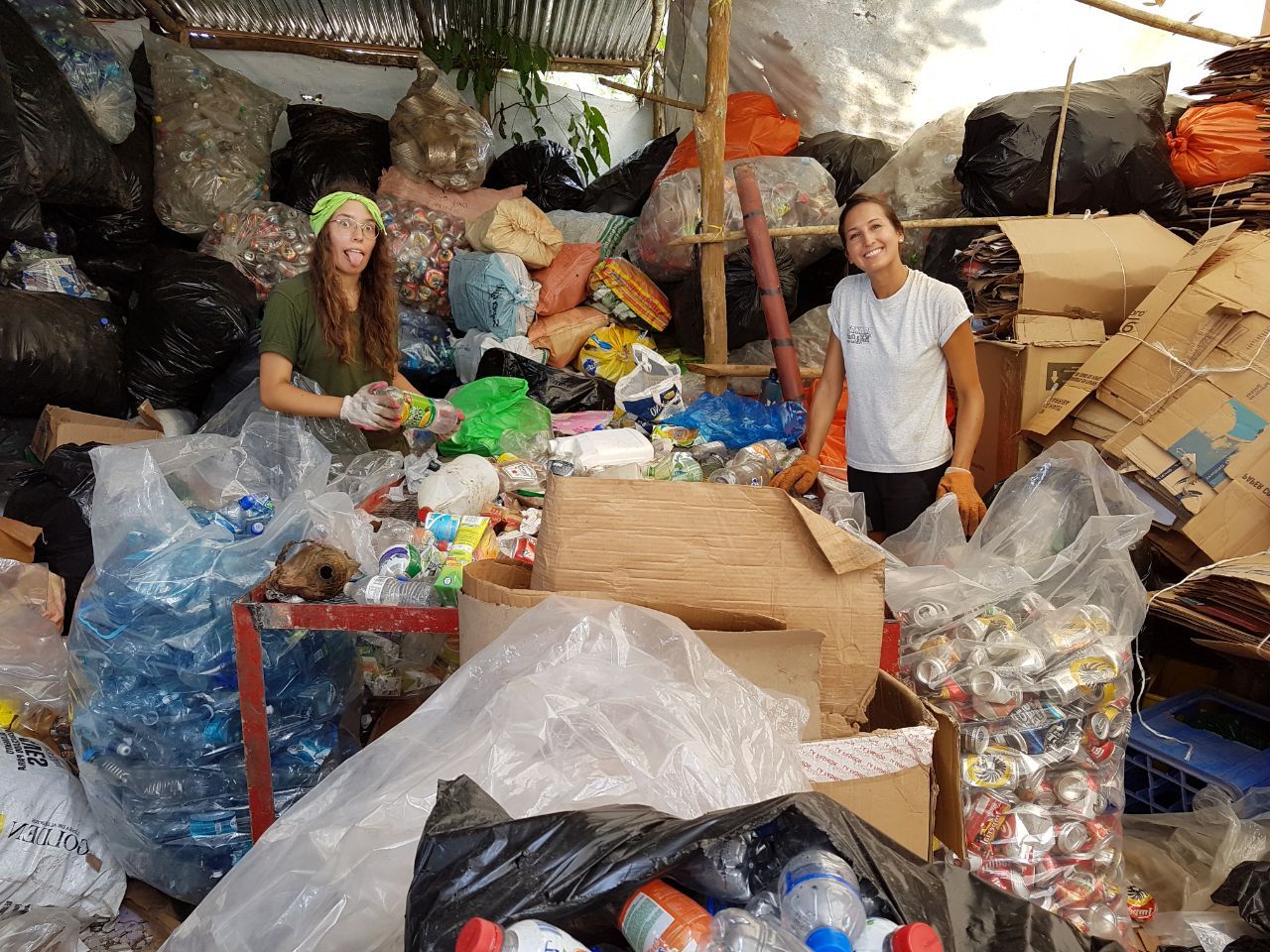
Environmental education initiatives are crucial for fostering a sustainable future. These programs aim to educate individuals about the importance of protecting our planet, promoting eco-friendly practices, and understanding the impact of human activities on the environment. From school curriculums to community projects, these initiatives provide valuable knowledge and skills that empower people to make informed decisions. Why are environmental education initiatives important? They help raise awareness, inspire action, and cultivate a sense of responsibility towards nature. By integrating environmental education into everyday life, we can create a generation of environmentally conscious citizens ready to tackle global challenges.
Key Takeaways:
- Environmental education teaches people about nature and how to protect it. It helps us understand our impact on the environment and empowers us to make positive changes for a sustainable future.
- Environmental education programs involve hands-on activities and community involvement. They inspire us to take action, make informed decisions, and become lifelong advocates for the environment.
What is Environmental Education?
Environmental education (EE) teaches individuals about the natural world and how to protect it. It aims to foster awareness, knowledge, and skills to address environmental challenges.
- Environmental education helps people understand the impact of their actions on the environment.
- It promotes sustainable living by encouraging practices that reduce waste and conserve resources.
- EE programs often include hands-on activities like planting trees or cleaning up beaches.
- Schools, community centers, and non-profits frequently offer environmental education programs.
- Many EE initiatives focus on local ecosystems, helping participants connect with their immediate surroundings.
The Importance of Environmental Education
Understanding why environmental education matters can inspire more people to get involved. Here are some key reasons why EE is crucial.
- Environmental education raises awareness about pressing issues like climate change and pollution.
- It empowers individuals to make informed decisions that benefit the environment.
- EE fosters a sense of responsibility and stewardship for the planet.
- It can lead to positive behavioral changes, such as recycling more or using less water.
- Educating young people about the environment can create lifelong advocates for sustainability.
Key Components of Environmental Education
Effective environmental education programs share several common elements. These components help ensure that participants gain a comprehensive understanding of environmental issues.
- Interdisciplinary approach: EE integrates science, social studies, and even art to provide a well-rounded perspective.
- Critical thinking: Programs encourage participants to analyze and solve environmental problems.
- Experiential learning: Hands-on activities help solidify concepts and make learning more engaging.
- Community involvement: Many initiatives involve local communities, fostering a sense of collective responsibility.
- Action-oriented: EE often includes projects that encourage participants to take concrete steps to protect the environment.
Successful Environmental Education Initiatives
Several initiatives around the world have made significant strides in promoting environmental education. Here are some notable examples.
- Eco-Schools: This global program encourages schools to integrate sustainability into their curriculum and operations.
- Project Learning Tree: Offers resources and training for educators to teach students about forests and the environment.
- The Green Belt Movement: Founded by Wangari Maathai, this initiative focuses on tree planting and environmental conservation in Kenya.
- Roots & Shoots: Started by Jane Goodall, this program empowers young people to take action on environmental and humanitarian issues.
- Earth Force: Engages youth in environmental problem-solving through community action projects.
Challenges in Environmental Education
Despite its importance, environmental education faces several obstacles. Understanding these challenges can help in finding solutions.
- Funding: Many EE programs struggle with limited financial resources.
- Access: Not everyone has equal access to environmental education, particularly in underserved communities.
- Curriculum integration: Incorporating EE into standard school curricula can be challenging.
- Teacher training: Educators may lack the necessary training to effectively teach environmental topics.
- Public awareness: There is still a need to increase public awareness about the importance of environmental education.
The Future of Environmental Education
Looking ahead, environmental education will continue to evolve. Here are some trends and possibilities for the future.
- Technology: Digital tools and online platforms can expand the reach of EE programs.
- Global collaboration: International partnerships can help share resources and best practices.
- Policy support: Stronger policies and funding can bolster environmental education efforts.
- Youth leadership: Young people will play a crucial role in driving environmental initiatives forward.
The Power of Environmental Education
Environmental education initiatives play a crucial role in shaping a sustainable future. They empower individuals, especially young minds, to understand and address environmental challenges. By fostering a sense of responsibility and stewardship, these programs inspire actions that benefit our planet. Schools, communities, and organizations worldwide are increasingly recognizing the importance of integrating environmental education into their curricula and activities.
These initiatives not only raise awareness but also drive real change. From reducing waste to conserving natural resources, the impact of informed and engaged citizens is profound. As we continue to face global environmental issues, the need for comprehensive education on these topics becomes even more pressing.
Supporting and expanding environmental education initiatives is essential. By doing so, we can ensure that future generations are equipped with the knowledge and skills needed to protect and preserve our environment. Let's champion these efforts and make a lasting difference.
Frequently Asked Questions
Was this page helpful?
Our commitment to delivering trustworthy and engaging content is at the heart of what we do. Each fact on our site is contributed by real users like you, bringing a wealth of diverse insights and information. To ensure the highest standards of accuracy and reliability, our dedicated editors meticulously review each submission. This process guarantees that the facts we share are not only fascinating but also credible. Trust in our commitment to quality and authenticity as you explore and learn with us.
